Columbia College | Columbia University in the City of New York
News Briefs
Dr. Katrina Armstrong Named Interim University President
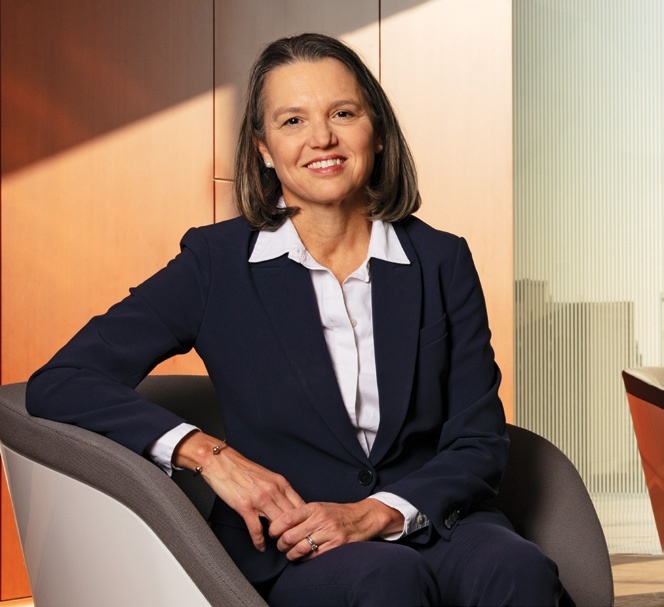
Jörg Meyer
In addition, Armstrong is executive VP for health and biomedical sciences for the University and the Harold and Margaret Hatch Professor of the University. She is an internationally recognized investigator in medical decision making, quality of care, and cancer prevention and outcomes, as well as an award-winning teacher and a practicing primary care physician.
In a letter to the community, Board of Trustees co-chairs David Greenwald LAW’83 and Claire Shipman ’86, SIPA’94 called Armstrong “the right leader for this moment,” and said that she “brings a truly exceptional skillset to our University and our current challenges. She is a medical leader who cares deeply about community and society — a scientist and a humanist.”
Previously, Armstrong was chair of the Department of Medicine at Harvard Medical School and physician-in-chief at Harvard-affiliated Massachusetts General Hospital. She began her academic career at Penn, where across 17 years she held a series of leadership roles, including as director of research at the Leonard Davis Institute of Health Economics, chief of general internal medicine and associate director of the Abramson Cancer Center. She earned a B.A. in architecture from Yale, then spent a year at the National Institutes of Health before beginning medical school at Johns Hopkins.
Bollinger To Be 2024 Hamilton Medal Honoree
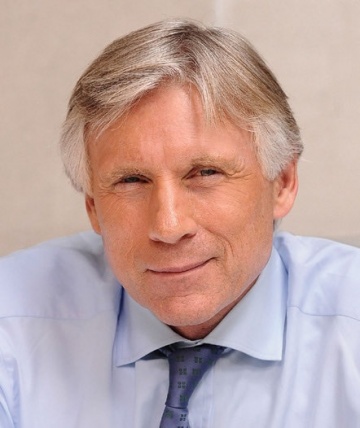
Eileen Barroso
The Hamilton Medal, the highest honor awarded to a member of the Columbia College community, recognizes distinguished service to the College and accomplishment in any field of endeavor. The 76th annual Alexander Hamilton Award Dinner will take place on Thursday, Nov. 21, in Low Rotunda.
During his two decades of leadership, Bollinger enacted a wide array of transformational academic initiatives to assure the University’s future among the greatest institutions of higher learning in the world. Among these was creating Columbia’s first new campus in nearly a century, in Manhattanville — a pioneering model designed for artistic creativity and local community engagement.
He also established the Mortimer B. Zuckerman Mind Brain Behavior Institute, the world’s foremost neuroscience research center, and created the Columbia Climate School, the first of its kind in the nation. To leverage scholarly knowledge for solutions to global problems — what he described as the University’s Fourth Purpose — Bollinger established Columbia World Projects and built a network of 11 Columbia Global Centers across four continents.
He led two of the most successful capital campaigns in the history of higher education and, throughout his presidency, continued to teach a popular undergraduate course on the First Amendment.
A prominent advocate for diversity in higher education, Bollinger led the seminal Supreme Court cases at the University of Michigan that first upheld the constitutional right of colleges and universities to consider race in admissions to build a more diverse student body.
During his tenure, Columbia substantially expanded financial aid for the College and Columbia Engineering, and achieved record levels of undergraduate applications, selectivity and diversity. Bollinger is the first Seth Low Professor of the University, a member of the Law School faculty and one of the nation’s foremost First Amendment scholars, widely published on the centrality of free speech and press to a democratic society.
New Deans for Three Schools
Three Columbia schools are welcoming new leadership during the 2024–25 academic year.
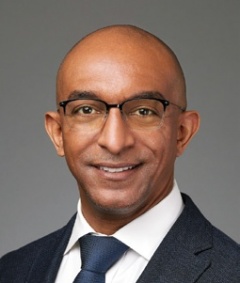
Daniel Adebe
ANDREW COLLINGS
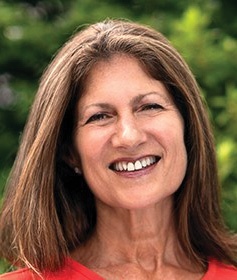
Sarah Cole

Alexis Abramson
KATIE LENHART
Good as Gold!
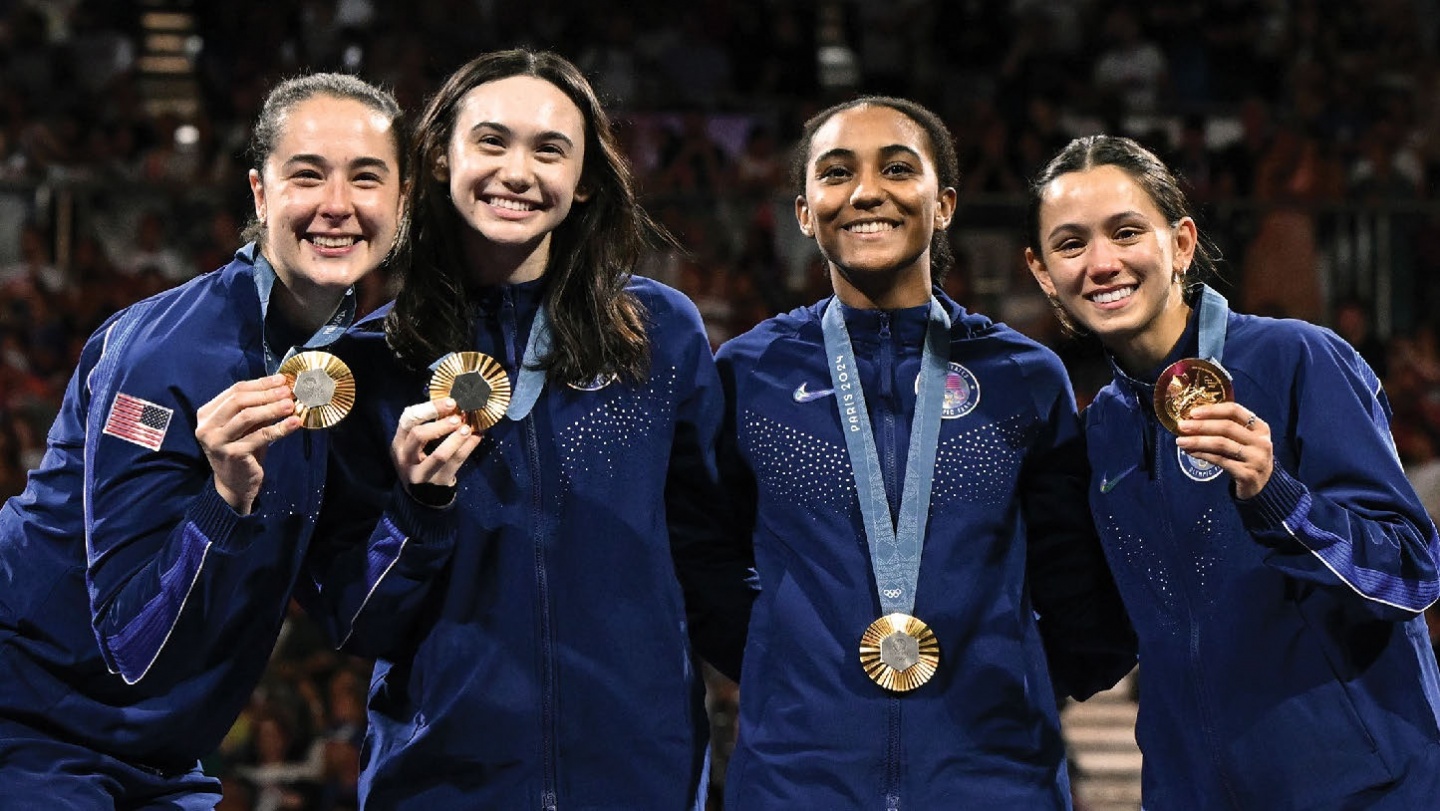
Columbia fencing star Jackie Dubrovich ’16 made history in Paris on Aug. 1, helping the United States secure its first gold medal in an Olympic Fencing team competition; Dubrovich, a native of Maplewood, N.J., is also the first Columbia fencer to win Olympic gold. The women’s foil squad, ranked Number 2 in the world, defeated top-seeded Italy 45–39 to secure the top spot on the podium. Left to right: Dubrovich, Maia Mei Weintraub, Lauren Scruggs and Lee Kiefer.
USA FENCING BY #BIZZITEAM
Issue Contents
Published three times a year by Columbia College for alumni, students, faculty, parents and friends.
Columbia Alumni Center
622 W. 113th St., MC 4530, 6th Fl.
New York, NY 10025
212-851-7852
cct@columbia.edu
Columbia Alumni Center
622 W. 113th St., MC 4530, 4th Fl.
New York, NY 10025
212-851-7488
ccalumni@columbia.edu

